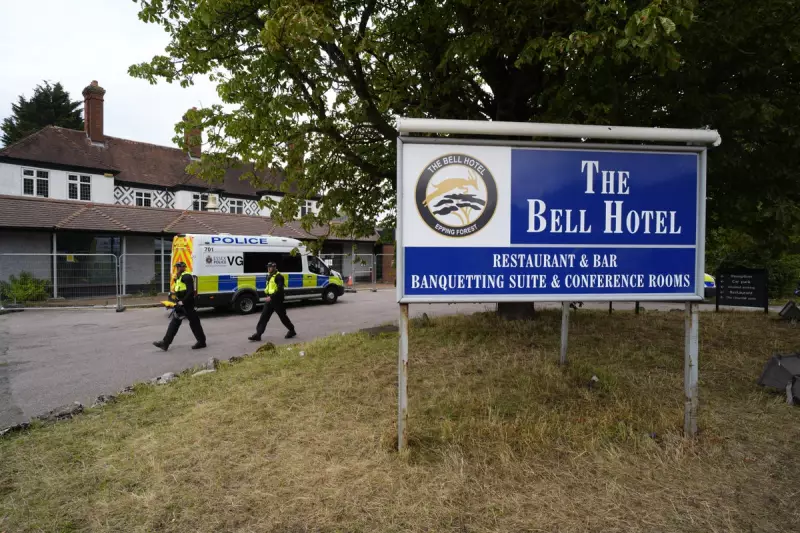
In an extraordinary development that has sent shockwaves through the legal establishment, the Court of Appeal has overturned a murder conviction dating back half a century, marking one of the most significant miscarriages of justice in recent British history.
The case centres on the brutal 1975 killing of a man in the dense woodlands of Epping Forest, a crime that has haunted the Essex community for decades. After spending nearly 50 years behind bars for a murder he consistently denied committing, the appellant has finally secured his freedom following a dramatic judicial review.
Fresh Evidence Unearths Historic Injustice
The appeal succeeded on the grounds of new and compelling evidence that fundamentally undermined the original prosecution case. This evidence, previously unavailable to defence lawyers, presented such substantial doubt about the safety of the conviction that the Crown could no longer support it.
Lord Justice Holroyde, delivering the judgment, stated that the court had been presented with material that 'significantly alters the landscape of this case' and leaves the original verdict 'unsustainable in law.'
Political Figures React to Landmark Ruling
The case has drawn reactions from the highest levels of government. Kemi Badenoch, Conservative MP for the neighbouring Saffron Walden constituency, described the outcome as 'a sobering reminder that our justice system, while one of the world's finest, must continually evolve to correct its errors.'
Policing Minister Chris Philp acknowledged the gravity of the decision, stating that the Home Office would 'carefully consider the implications of this judgment for future cases and the wider criminal justice process.'
Epping Forest: From Crime Scene to Legal History
The ancient woodland of Epping Forest, once the backdrop to a notorious murder, has now become synonymous with a landmark legal battle. The case's resolution raises urgent questions about other historical convictions and the mechanisms available for challenging them.
Legal experts suggest this ruling may establish a significant precedent, potentially paving the way for others who maintain their innocence against historical convictions to seek judicial review, especially with advances in forensic technology and evolving legal standards.
The Essex Police force, which originally investigated the murder, has stated it will review the judgment in detail and consider its implications for both this specific case and their historical investigative practices.





